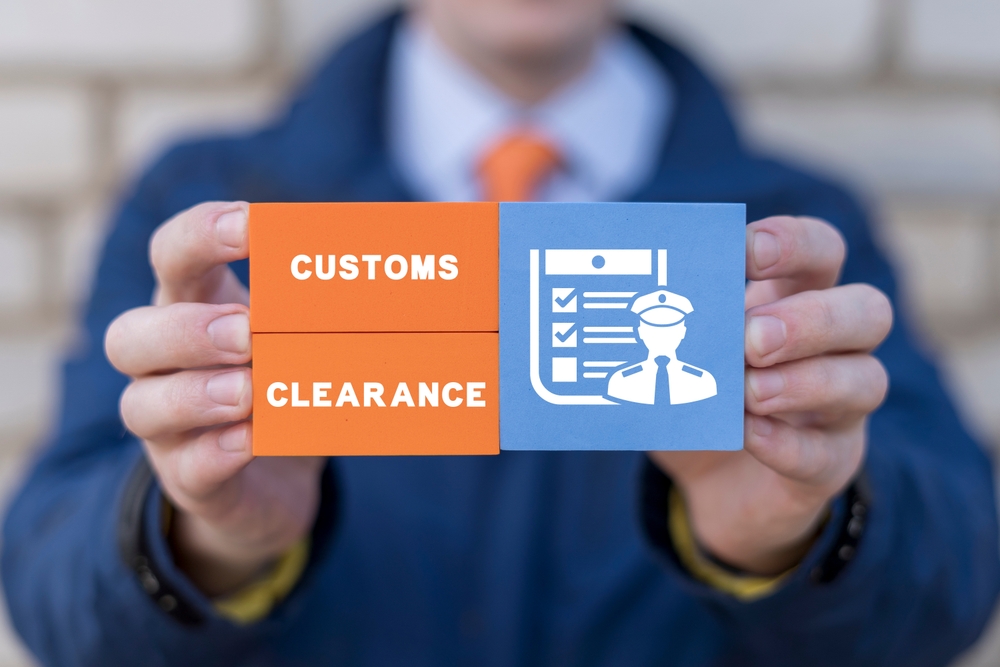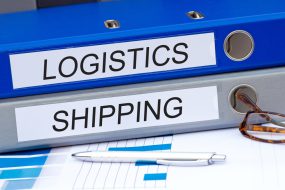

Dealing with customs delays and the costs that come with them is something no business wants to face. But if you’re in international trade, you’ve had to deal with it. The good news is that there are ways to reduce the impact of customs delays and save your business time and money. Here’s how to do it.
Why customs delays happen
Customs can be complicated. There’s a lot to consider, like ensuring all your paperwork is spot on, understanding the correct tariffs, and ensuring your goods are correctly classified. If anything goes wrong — missing documents or wrong codes — it can lead to delays, which cost you more.
These delays don’t just slow things down; they also add extra fees, like storage charges, penalties for non-compliance, and even damage to customer relationships. It’s all about getting it right from the start to avoid these problems down the line.
Related reading: Boost customer satisfaction with proven product testing hacks
The financial impact of customs delays
Customs delays bring more than just frustration—they bring severe costs. There’s the direct financial impact: extra storage fees, demurrage charges, and fines if you’re out of line with regulations. However, the indirect costs can hurt just as much, such as losing sales and customers and a damaged reputation.
Finding ways to reduce these costs should be a top priority for any business that wants to stay competitive.
How to reduce customs delays and costs
If you want to minimise the chances of customs issues, you need a strategy. Here are the best ways to cut down on delays and lower the costs that come with them:
Use technology to streamline things
Technology is your friend when it comes to speeding up the customs process. Advanced tools like blockchain and AI can help make everything more efficient. Blockchain ensures that your documents are accurate and can’t be tampered with, reducing errors that can lead to delays. AI can predict problems before they happen, helping you avoid bottlenecks and keep things running smoothly.
Related reading: Supercharge your SME supply chain with these tech innovations
Get the paperwork right
When it comes to customs, paperwork is crucial. Ensuring everything is accurate and complete is one of the best ways to avoid delays. This includes using the right Harmonized System (HS) codes, which tell you the tariffs and duties your goods must undergo. You’ll likely face delays and extra charges if your paperwork isn’t up to scratch.
Work with experienced freight forwarders
An experiencedfreight forwardercan help you navigate the complexities of customs. They know the process’s ins and outs and can help ensure everything runs smoothly. Working with a good freight forwarder can save you time and money by reducing the chances of errors or delays.
Use pre-clearance programs
Some countries offer pre-clearance programs, which can help speed up customs clearance. These programs allow trusted traders to avoid some of the usual inspections, meaning your goods can get through customs faster and with fewer delays.
Consider multimodal transportation
Multimodal transportation means using a mix of transport types (road, rail, air, and sea) to get your goods where they need to go. It’s a smart way to keep your options open. If one route faces customs delays, you can shift things around and keep things moving. Multimodal transport helps keep your supply chain flexible, reducing the chances of getting stuck in customs.
Think about sustainability
A more sustainable approach can help with customs. If your business uses the circular economy model, which focuses on reducing waste and reusing products, you can simplify customs. Using reusable packaging and optimising your return logistics can make your process smoother and cheaper.
Related reading: Sustainable logistics: The smart (and profitable) way to cut your carbon footprint
Urbanisation: Adapting to city growth
With more people living in cities, logistics is becoming more challenging, especially for customs. But there are ways to overcome this. Setting up urban distribution centres and using smart logistics technology can smooth the last-mile delivery process, reducing customs delays and costs in urban areas.
Key takeaway
Reducing customs delays and costs isn’t a one-time fix; it’s about making smarter choices and staying on top of the process. By using technology, ensuring your documentation is spot on, working with the right experts, and staying flexible with transport options, you can minimise the impact of customs issues. Being proactive will save money and make your business more efficient in a competitive global trade environment. Ready to get proactive?Reach out to ustoday.


